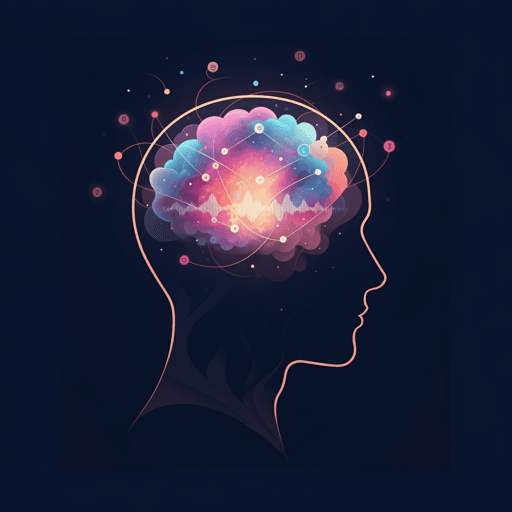
Psychology
Mind wandering during implicit learning is associated with increased periodic EEG activity and improved extraction of hidden probabilistic patterns
P. Simor, T. Vékony, et al.
Mind wandering—occupying 30–50% of waking time—may boost, not harm, certain learning. Using EEG and an implicit probabilistic learning task in healthy adults, the authors found spontaneous mind wandering and low-frequency, sleep-like cortical activity improved extraction of hidden visual probabilities, especially early in learning. This research was conducted by Authors present in <Authors> tag.
Related Publications
Explore these studies to deepen your understanding of the subject.







